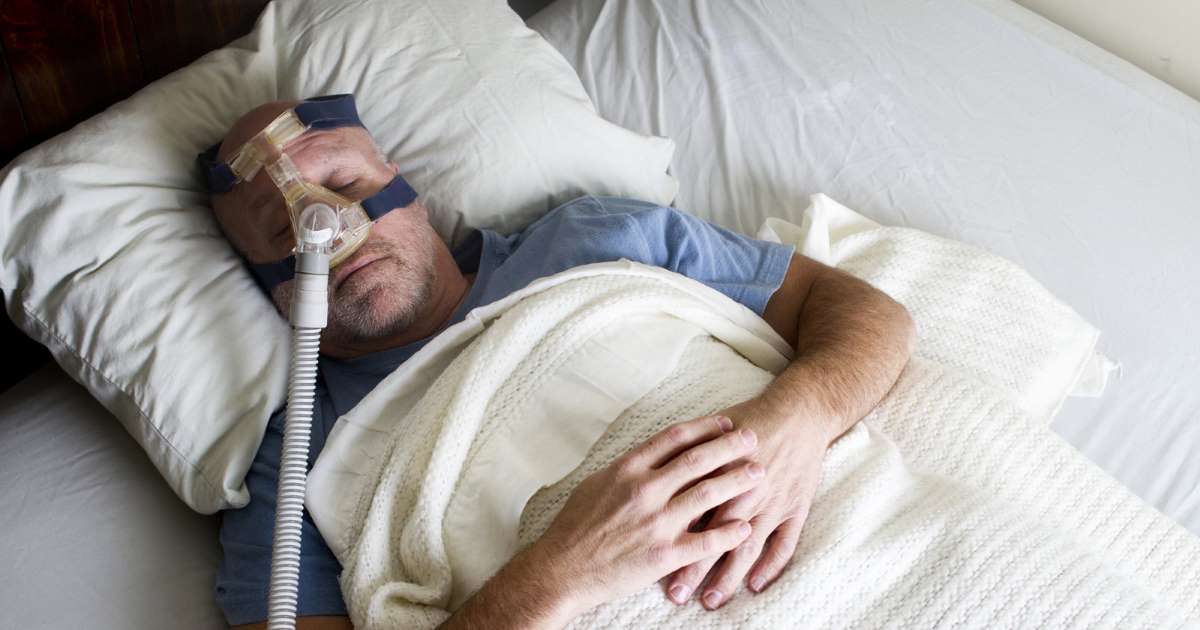Parkinson’s Disease Overview
Sleep Disorders

Sleep disorders are especially common in Parkinson's disease patients. In one study, researchers found that the average individual with Parkinson's disease got only a little more than five hours of sleep each night. Most sleep researchers recommend at least eight hours of sleep nightly. Also, the average Parkinson's disease patient woke up twice as often throughout the night as similarly-aged adults without the disease. There are several reasons behind the decreased sleep. One is sleep apnea, which causes an affected individual to stop breathing temporarily during the night. Also commonly reported is insomnia, which makes it difficult to fall asleep. Some Parkinson's patients wake up frequently, which disrupts the quality of sleep. Urinary issues can also impact sleep when individuals have to get up multiple times to urinate during the night. Some patients report vivid nightmares and dreams accompanied by physical movement because the brain is not sending signals to stay still during REM sleep. Finally, cognitive and mental issues related to Parkinson's disease, such as confusion, hallucinations, and delusions, can play a role in poor sleeping.
